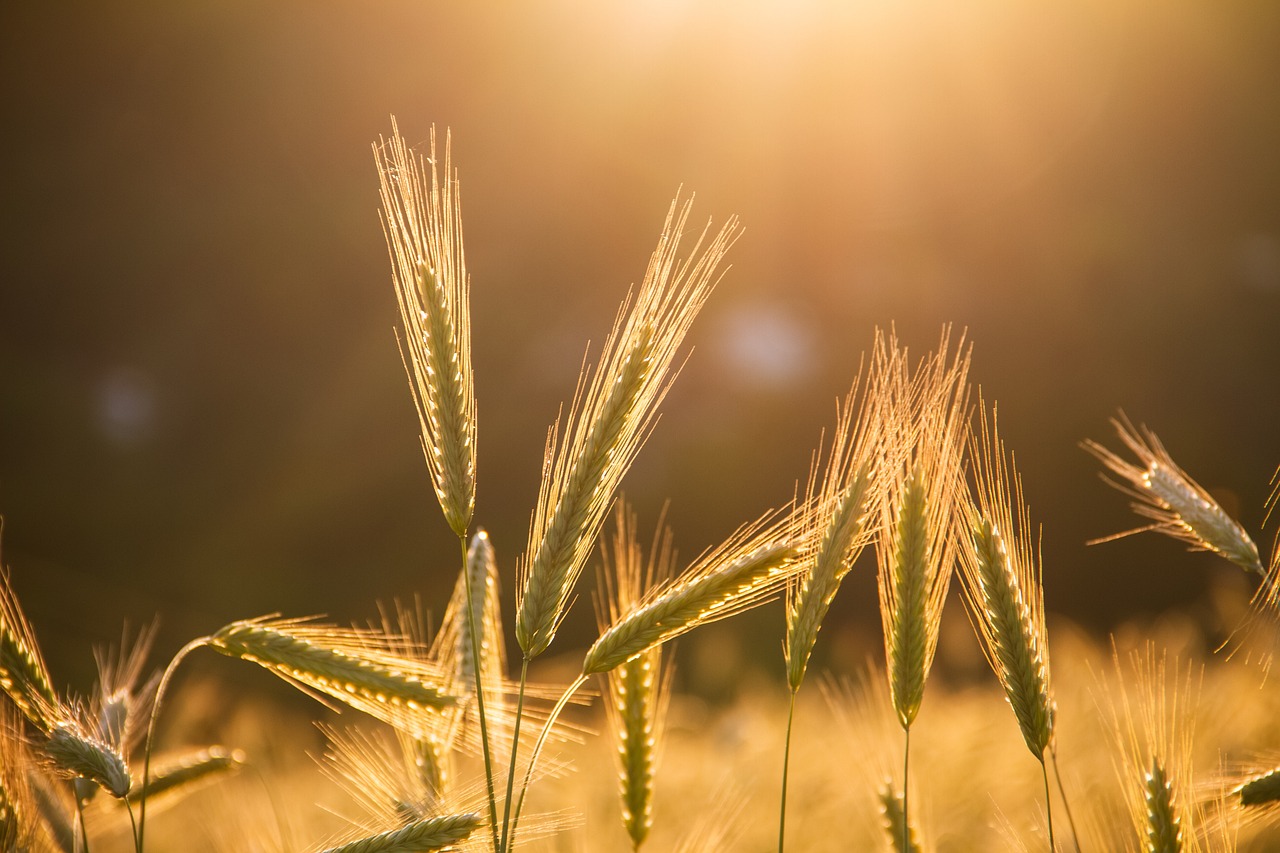Food Industry and Environmental Sustainability
The food industry encounters numerous hurdles in its quest for environmental sustainability. One significant challenge is the excessive use of natural resources such as water and land for food production. This not only depletes essential resources but also contributes to environmental degradation, putting a strain on ecosystems and exacerbating issues related to water scarcity and land degradation.
Another obstacle faced by the food industry is the high level of greenhouse gas emissions generated throughout the food production process. From agricultural activities like livestock farming to transportation and packaging, the industry’s carbon footprint is substantial. These emissions significantly contribute to climate change, posing a threat to global environmental stability and sustainability. Efforts to minimize these emissions are crucial for the industry to make strides towards a more sustainable future.
Impact of Food Production on Climate Change
Food production plays a significant role in contributing to climate change on a global scale. The vast amount of resources required for agriculture, including land, water, and energy, results in substantial greenhouse gas emissions. Deforestation for agricultural purposes and the use of chemical fertilizers also release carbon dioxide and other harmful gases into the atmosphere, exacerbating the issue.
Livestock farming is a major contributor to greenhouse gas emissions, particularly methane and nitrous oxide. The digestion process of ruminant animals like cows and sheep produces methane, a potent greenhouse gas that is more impactful than carbon dioxide. Additionally, the use of fertilizers in crop production releases nitrous oxide, another powerful greenhouse gas. Addressing these challenges in food production is crucial for mitigating its impact on climate change and fostering a more sustainable future.
• Food production requires vast resources such as land, water, and energy
• Deforestation for agriculture releases carbon dioxide into the atmosphere
• Chemical fertilizers used in agriculture also contribute to greenhouse gas emissions
• Livestock farming is a major contributor to methane and nitrous oxide emissions
• Ruminant animals like cows and sheep produce methane during digestion
• Fertilizers used in crop production release nitrous oxide into the atmosphere
Efforts to Reduce Food Waste in the Industry
Efforts to reduce food waste in the industry have become increasingly crucial as the global population continues to grow. With approximately one-third of all food produced worldwide going to waste, there is a pressing need for solutions to minimize this loss. In response to this challenge, many food companies are implementing innovative practices such as improved inventory management, enhanced supply chain coordination, and consumer education campaigns to reduce food waste at various stages of production and distribution.
Additionally, advancements in technology have played a significant role in helping the industry tackle food waste. From the use of data analytics to optimize production processes to the development of smart packaging that extends the shelf life of products, technology offers a wide range of tools that enable food companies to minimize waste more effectively. By harnessing these technological advancements and adopting sustainable practices, the food industry can make significant strides towards achieving environmental sustainability and reducing its impact on the planet.
What are some of the challenges faced by the food industry in achieving environmental sustainability?
Some of the challenges include food waste, water usage, energy consumption, and greenhouse gas emissions.
How does food production impact climate change?
Food production contributes to climate change through deforestation, greenhouse gas emissions from livestock, and transportation of food.
What efforts are being made to reduce food waste in the industry?
Efforts include implementing better inventory management, donating excess food to those in need, and utilizing technology to track and reduce waste.







